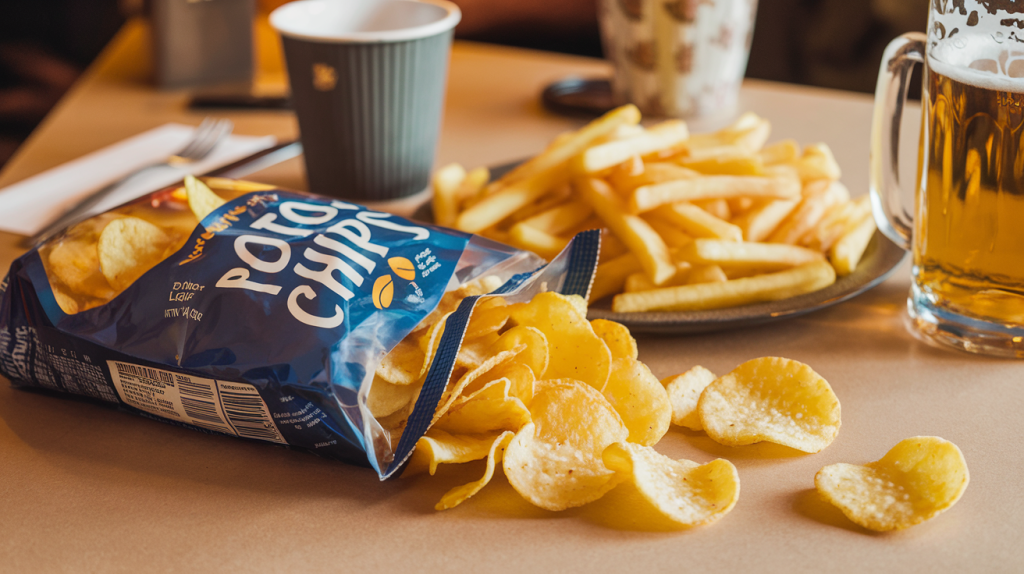Isn’t it fascinating how two countries that speak the same language can sometimes sound worlds apart? As an American, I’ve often found myself baffled (and sometimes amused) by British vocabulary. It’s not just the charming accents; it’s the words themselves that sometimes seem like a secret code. Whether you’re watching a British TV show or chatting with a friend from across the pond, chances are you’ve stumbled on a word or two that made you do a double take.
Some of these words are harmless and funny; others can get you into trouble if you use them incorrectly. And some are just plain confusing because they mean something completely different in the U.S. than they do in the U.K. Let’s uncover some of the quirkiest examples, and I promise you’ll never look at “pants” the same way again.
1. Pants

In the U.K., “pants” refer to underwear, not trousers. If a Brit says your pants are showing, they’re talking about your undies, not your jeans. Imagine the surprise when an American refers to a stylish pair of slacks as “great pants” in a British store!
2. Chips

British “chips” are what Americans call French fries. If you’re looking for a bag of crunchy potato chips in the U.K., you’ll need to ask for “crisps” instead. Ordering fish and chips at a British pub is delicious but might come with an unexpected vocabulary lesson.
3. Biscuit
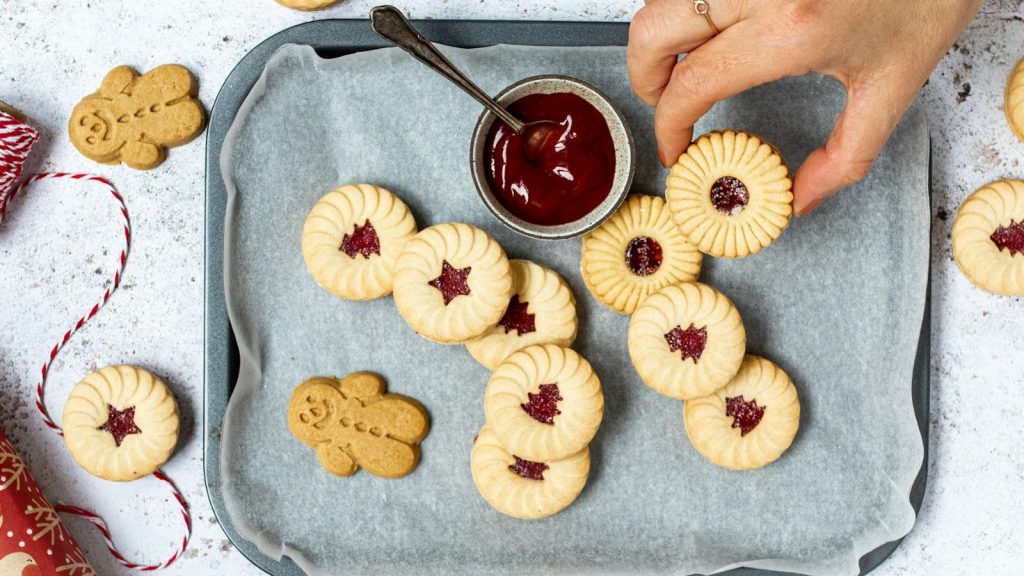
In the U.S., biscuits are soft, fluffy, and often served with gravy. In the U.K., they’re what we’d call cookies. A British biscuit is typically crunchy, sweet, and perfect for dipping in tea.
4. Boot
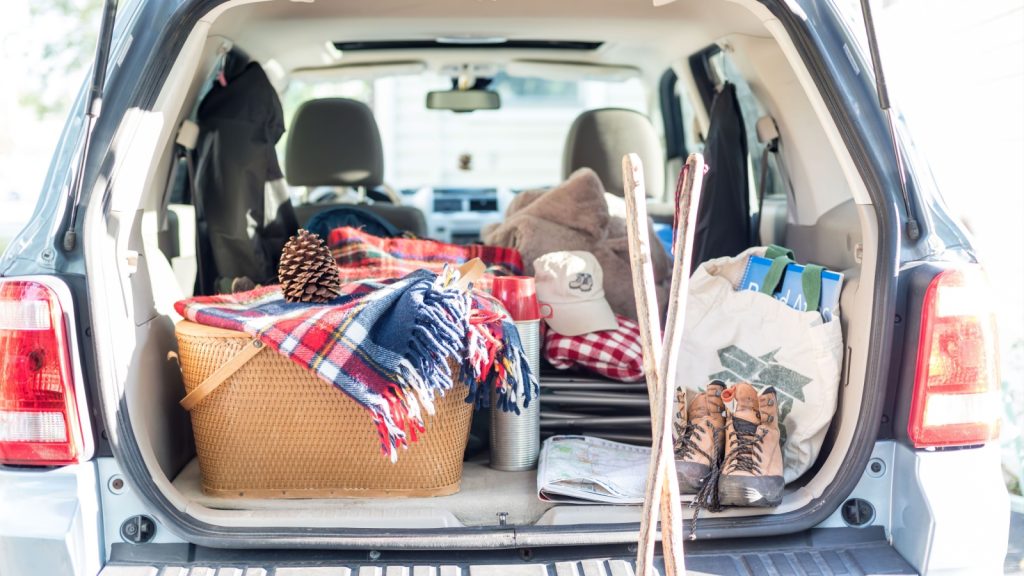
In Britain, the “boot” is the trunk of a car. So when someone says they’re putting something in the boot, they’re not talking about footwear! This one trips up Americans all the time during conversations about cars.
5. Lorry
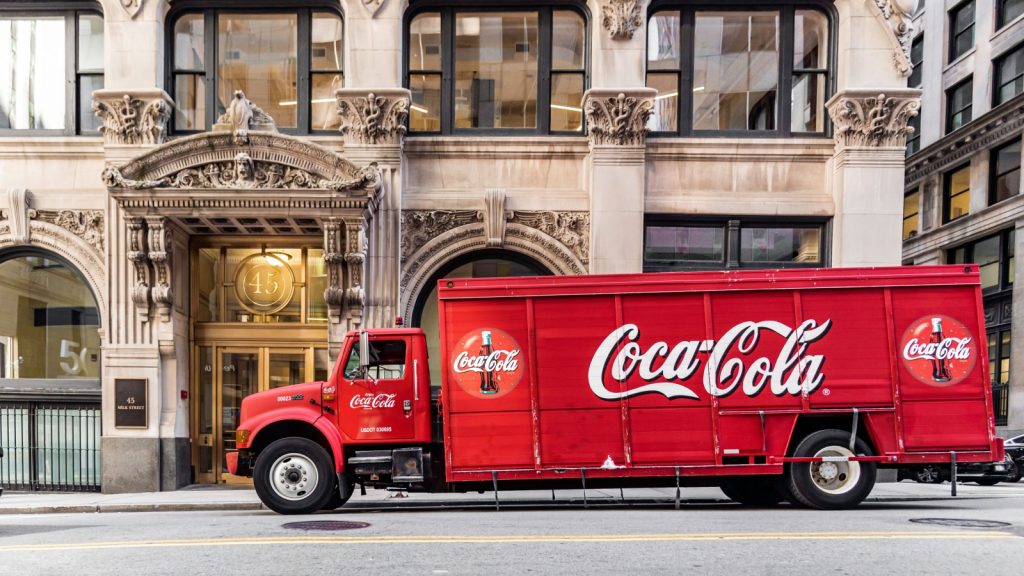
A lorry in the U.K. is what Americans call a truck. Whether it’s a delivery lorry or a construction lorry, this term often causes puzzled looks when Brits describe traffic jams.
6. Rubber
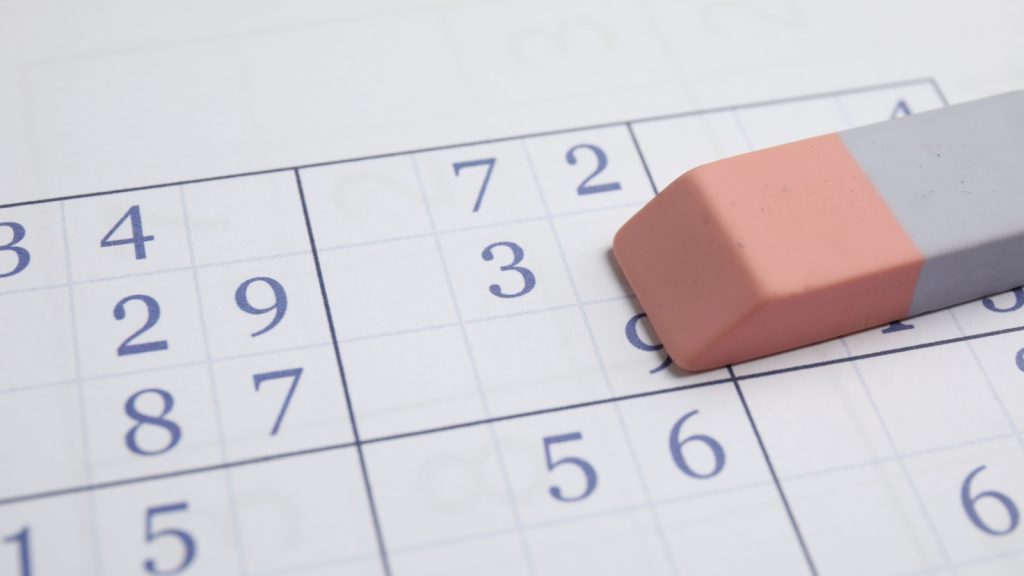
For Brits, a “rubber” is an eraser, not a certain type of protection Americans are thinking of. This one can lead to some pretty awkward misunderstandings in classrooms or offices!
7. Lift
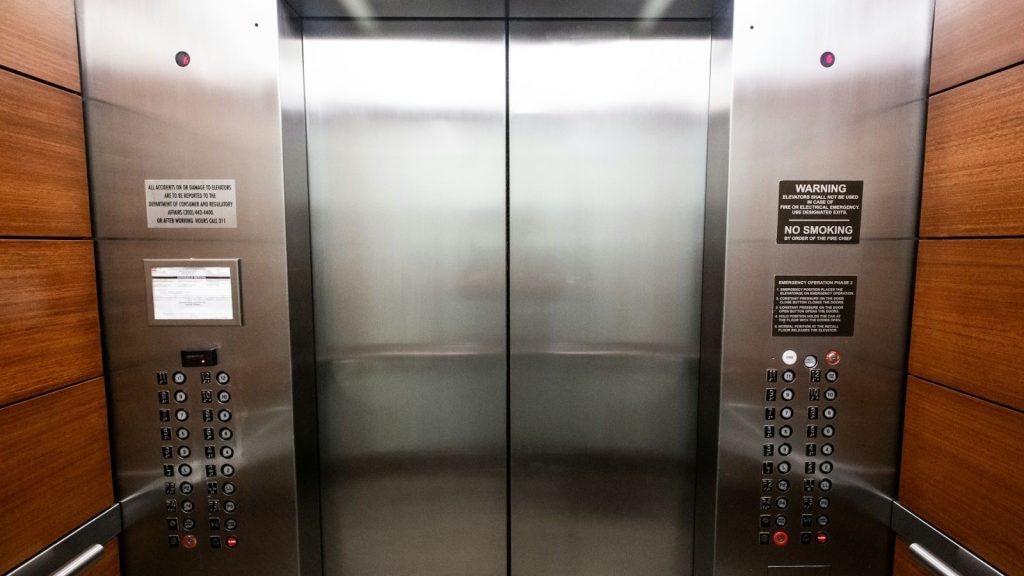
In the U.K., a lift is an elevator. So if you’re in a British building and someone tells you to take the lift to the third floor, you won’t find stairs involved.
8. Queue
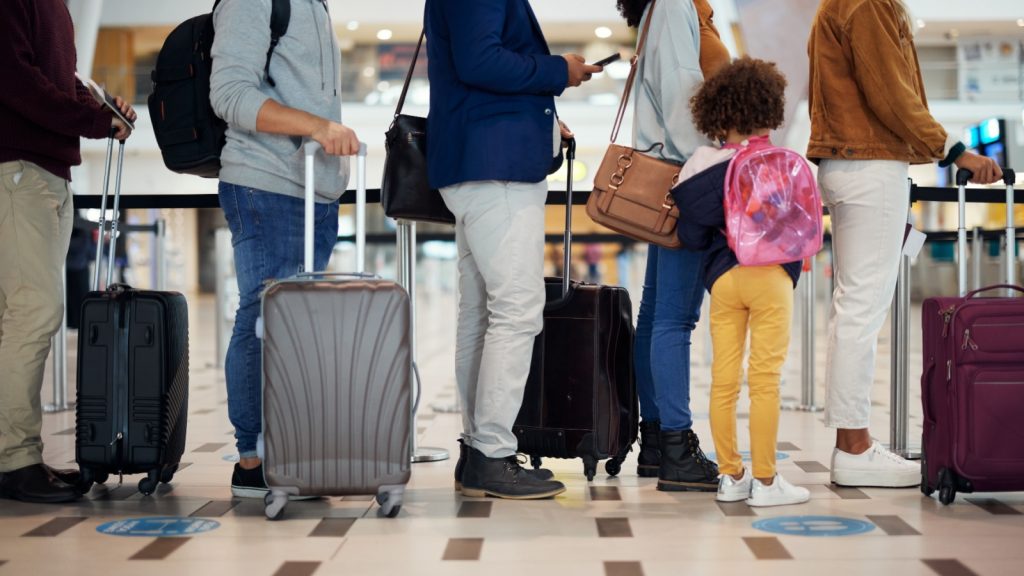
Americans line up, but Brits queue. This word is everywhere in Britain, from bus stops to grocery stores, and it’s even a verb! You’ll often hear Brits say, “We need to queue for tickets.”
9. Holiday
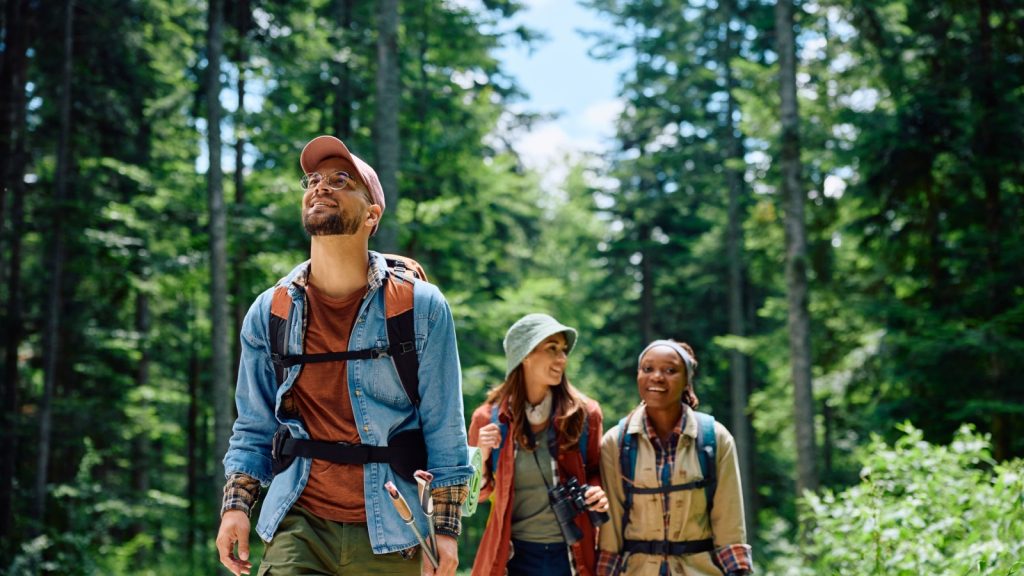
In the U.S., “holiday” usually means a specific day of celebration, like Christmas or Thanksgiving. In the U.K., it means a vacation or time off. If a Brit says they’re on holiday, they’re relaxing somewhere, not observing a special day.
10. Flat

A “flat” in the U.K. is an apartment. When Brits say they’re looking for a new flat, they’re not talking about shoes or anything level—they mean a cozy living space.
11. Trolley
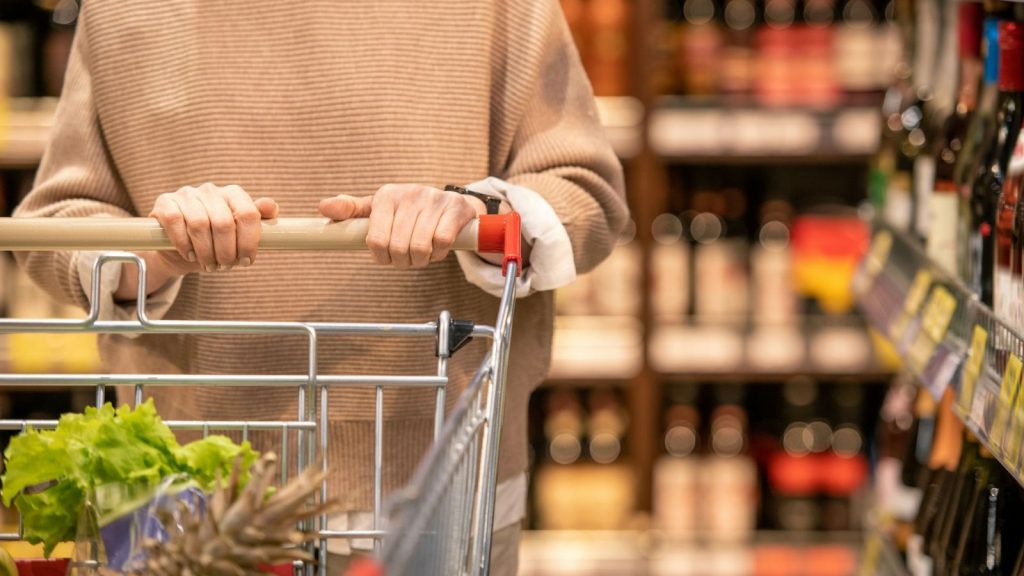
Americans use a “shopping cart” in a grocery store, but Brits grab a trolley. It’s a small difference, but one that can leave Americans momentarily puzzled in a supermarket.
12. Fancy Dress
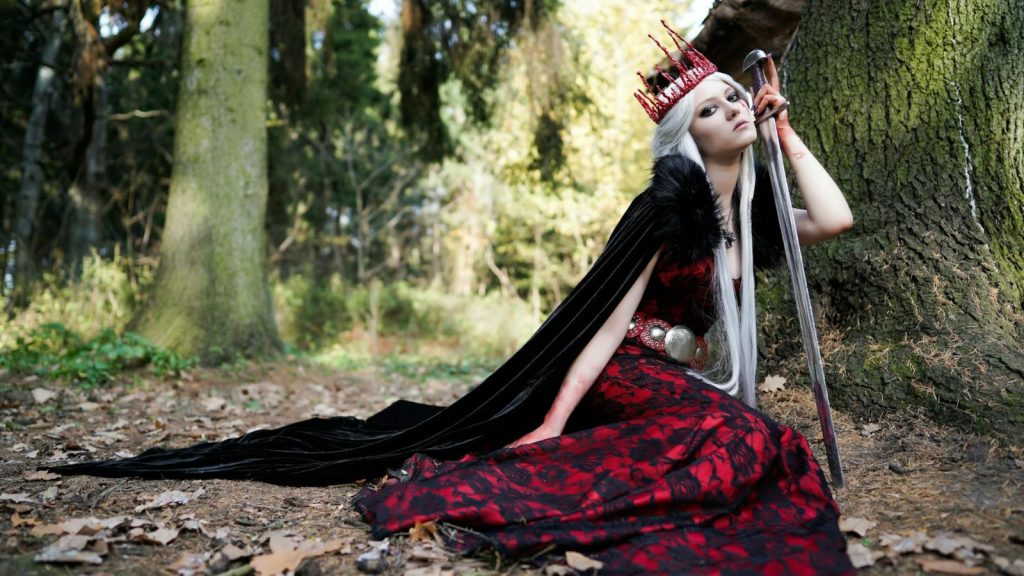
If a Brit invites you to a fancy dress party, don’t show up in formalwear! Fancy dress in the U.K. means costumes. So, think superheroes or pirates, not tuxedos and ball gowns.
13. Plaster
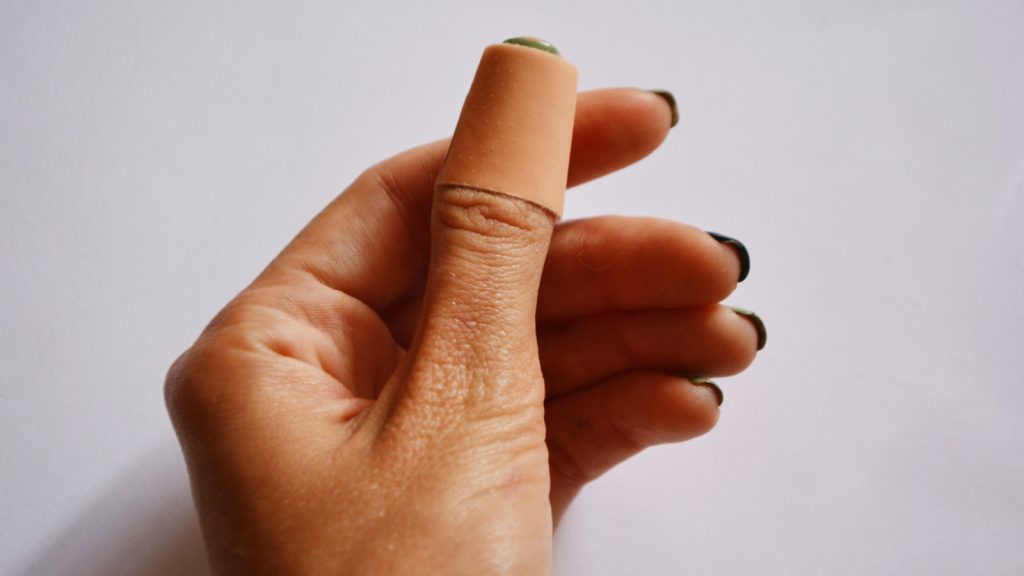
In Britain, a plaster is what Americans call a Band-Aid. Brits use plasters to cover small cuts, not walls. If a Brit asks for a plaster, you don’t need a toolbox!
14. Trainers

Trainers are sneakers in British English. If you’re packing for a workout in the U.K., make sure to grab your trainers instead of asking for running shoes.
15. Pudding
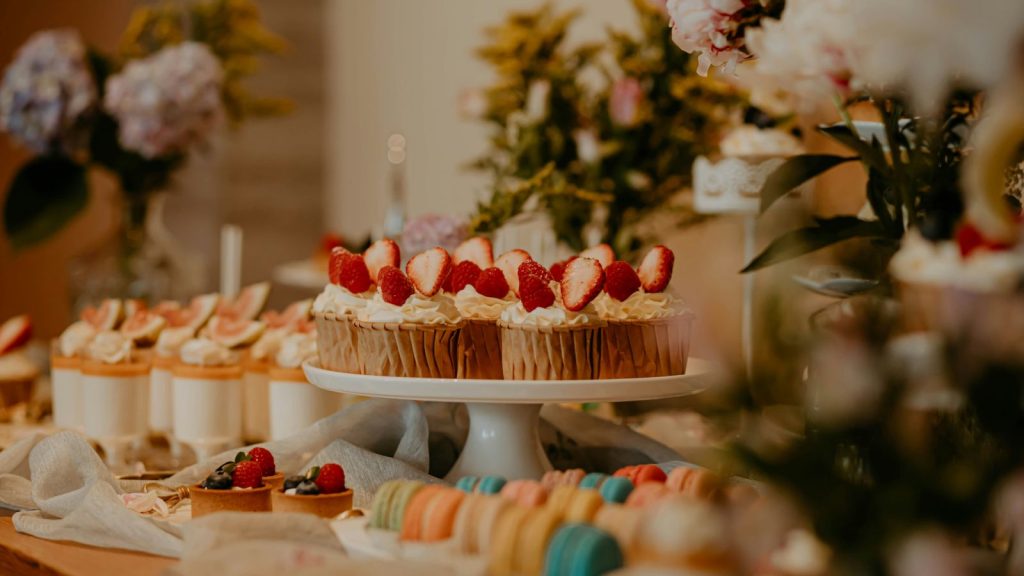
This one’s a double whammy! In the U.K., pudding can mean dessert in general, not just the creamy treat Americans think of. So if a Brit offers you pudding, you might get cake, pie, or even sticky toffee pudding.
16 American Foods Brits Can’t Stand
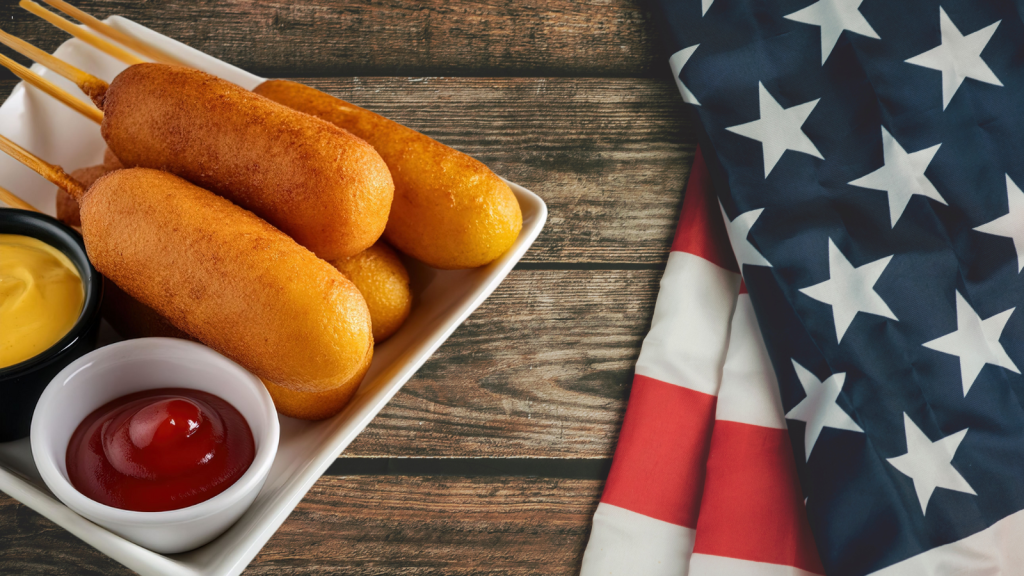
Food preferences can vary wildly across cultures, and what’s considered a delicacy in one country might be seen as downright bizarre in another. This cultural divide is particularly evident when comparing American and British cuisines. While the two nations share a common language, their tastes in food can be worlds apart. From overly sweet concoctions to processed cheese products, there are certain American foods that many Brits find hard to stomach.
Read More: 16 American Foods Brits Can’t Stand
12 Awesome British Gameshows of the 70s and 80s We Wish They’d Bring Back

The 1970s and 1980s were a golden age for British television, especially when it came to game shows. These decades saw a boom in creative, entertaining, and often downright wacky formats that captured the nation’s imagination. From zany physical challenges to brain-teasing quizzes, these shows offered a perfect mix of fun, excitement, and the chance to win big. While many modern game shows have their merits, there’s something special about the charm and enthusiasm of these classic programs. Here’s a nostalgic look at 12 unforgettable British game shows from the 70s and 80s that we’d love to see make a comeback.
I had an awful lot of fun writing this list, and it brought back some great memories of Saturday nights in front of the telly with the family, watching Brucie, Anneka, and many other legendary presenters and willing but often inept contestants.
Read More: 12 Awesome British Gameshows of the 70s and 80s We Wish They’d Bring Back
21 Things Pilots Are Forbidden to Do During Flights

Have you ever wondered what rules pilots must follow while they’re in the cockpit? Being a pilot is a job that comes with a lot of responsibility and a strict set of rules to ensure the safety of everyone on board.
These rules ensure that pilots maintain the highest standards of safety and professionalism while flying. By adhering to these guidelines, they help ensure that every flight reaches its destination safely.
Read More: 21 Things Pilots Are Forbidden to Do During Flights
Ellen has been obsessed with logic puzzles, jigsaws, and cryptograms since she was a kid. After learning she was taught how to play chess wrong by a family friend (so they could win), she joined her school chess club and the rest is history.
